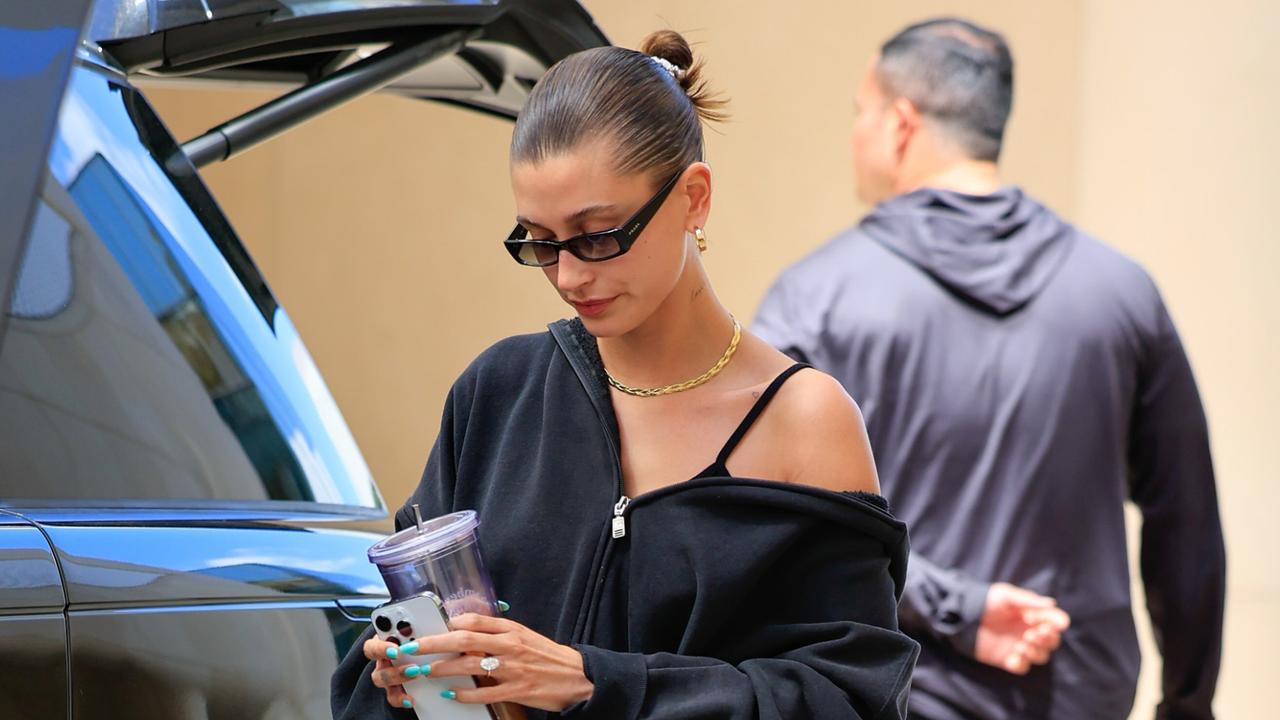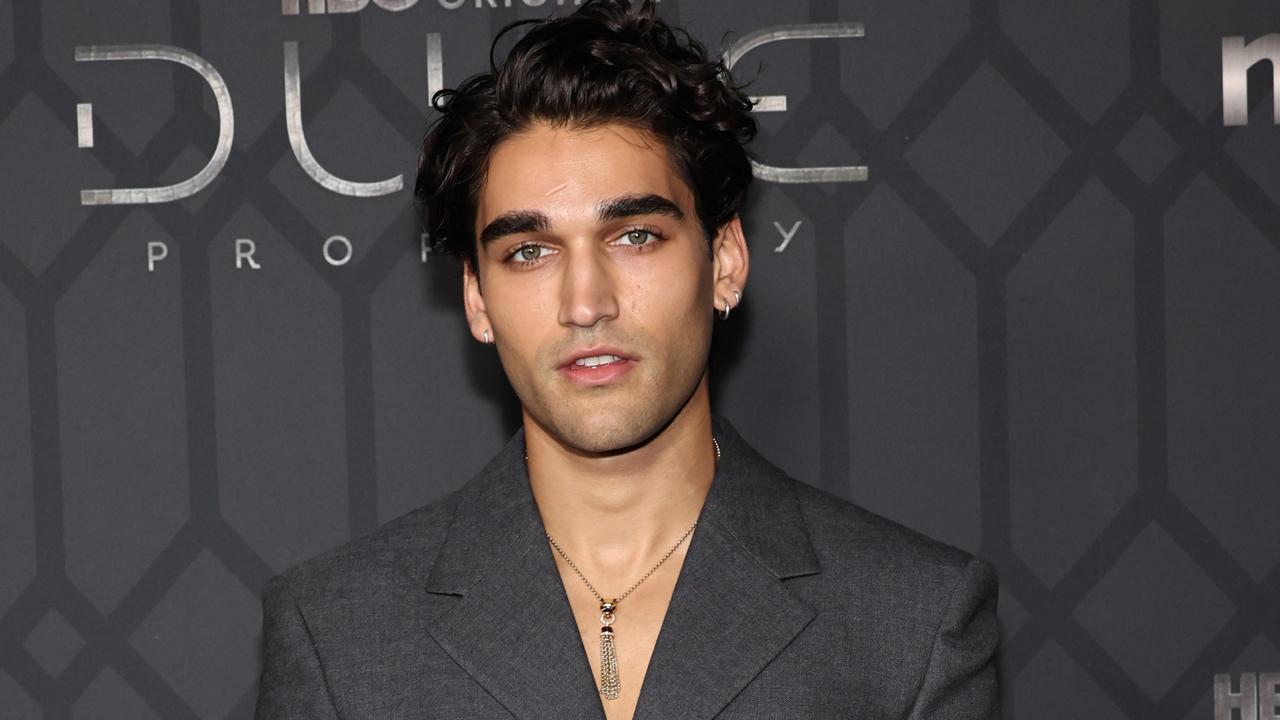Natalie Bassingthwaighte opens up about her battle with depression
Natalie Bassingthwaighte speaks openly about her battle with depression, her ancestral trauma – and why she is no longer afraid to talk about her mental health.

Stellar
Don't miss out on the headlines from Stellar. Followed categories will be added to My News.
For someone who has “never really been a tattoo person”, Natalie Bassingthwaighte suddenly has a lot of ink on her body – and she is going to have more by the end of this month.
The singer, actor, television presenter and theatre performer has been steadily accumulating them over the past few years: a small evil eye on her wrist, a bluebird on her finger, a star on her other wrist and the Zulu word ubuntu on her left forearm, which means “I am, because we are”.
It’s a phrase former competitive swimmer and fellow I’m A Celebrity...Get Me Out Of Here! castmate Lisa Curry said to her back in 2017 after a tough day in the South African jungle when they were filming the reality-TV series.
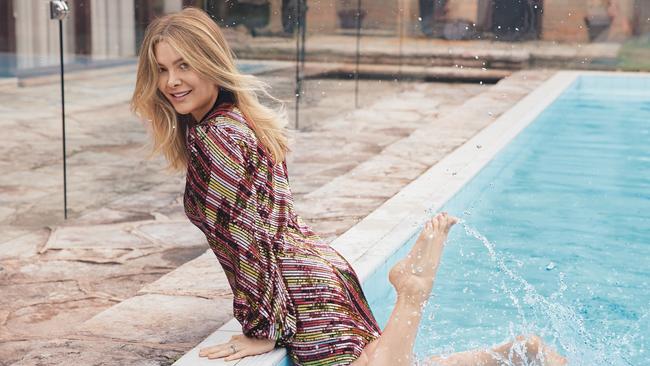
Bassingthwaighte also has the word “equanimity” inked down her spine, which she received after having what she terms a mental breakdown in 2018.
“In essence, life will throw you highs and throw you lows,” the 45-year-old tells Stellar.
“It is about trying to come to the middle and just being aware that it won’t ever stop. You will still get highs, you will still get lows and finding some middle ground is really important for me to remember.”
Her next two tattoos will be of words with significant meaning to Bassingthwaighte, who has battled depression for more than two decades. “It feels empowering,” she says.
“The tattoos all really mean something to me. They’re not just throwaway ‘let’s just get a silly something’.”
Coincidentally, the day Bassingthwaighte is getting her new tattoos is the same day her episode of SBS documentary series Who Do You Think You Are? is scheduled to go to air.
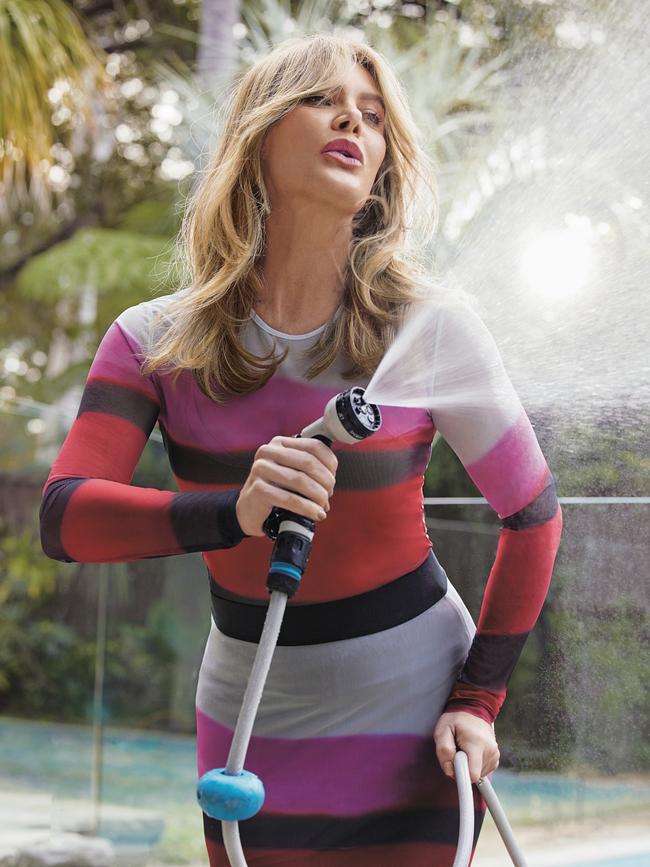
The program, which traces the ancestral history of well-known Australians, also features the likes of Chris Bath, Denise Drysdale, Uncle Jack Charles, Celia Pacquola and former PM Malcolm Turnbull. In the lead-up to filming the show, Bassingthwaighte was a little hesitant.
“I was like, what the hell is going to happen?” she recalls.
“I got out a little book and I wrote ‘forgiveness’. But is it mine? Is it my immediate family’s or is it my ancestry? And then it unfolds like the biggest gift. It was very emotional but also so cathartic in the end. I know there are things in my past that I’d like to forgive myself for. We are not perfect, we are human. And I think I need to forgive some other people as well.”
And so “forgiveness” is one of the tattoos she is getting. The other will be “surrender”. “It is one of the things that gets me through daily: surrender,” she explains.
“You can’t control everything and whatever is meant to be will unfold. If you hold on and there’s just this anxiety surrounding what is supposed to be or what I’m supposed to do, it just doesn’t work. So ‘surrender’ is a big one for me.”

On the surface, it seems as if Bassingthwaighte comes from a fairly traditional middle-class background. She was born in Wollongong in 1975 to mum Betty, a nurse, and father Michael, who worked in insurance.
Digging deeper, there is a rich history that dates back to convict settlers, and the episode shows Bassingthwaighte meeting historians to go over her family tree and criss-crossing NSW as she visits small towns in which family members had lived.
This journey into her ancestry provided her with answers she didn’t expect about her own mental health: she discovered her three-time great-grandfather Henry had issues with alcohol and also suffered from depression.
“Ancestry-wise there is so much more to my traumas and my life,” she tells Stellar.
“Families are complicated. Just doing this show gave me the biggest respect for my parents and their parents, and what they dealt with. Back in those days, you didn’t have a therapist you could just call. You couldn’t just go on some medication. You were in your own head. You just had to deal with it on your own.”
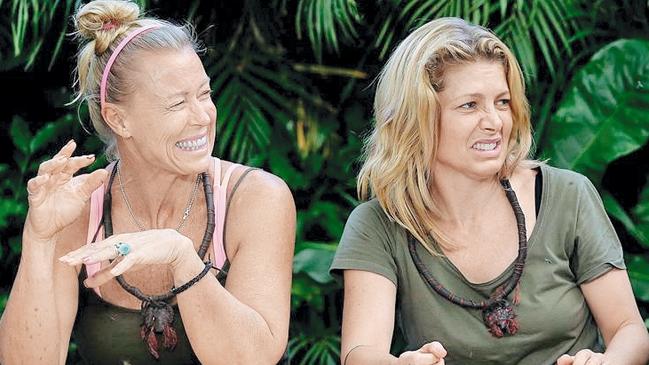
The experience also made her think about her own children, Harper, 10, and Hendrix, 8, and what she has passed on to them.
“I feel like it is an honour and a privilege to be a parent,” she says.
“It is really hard. They listen, they watch, they learn every single day and they take on things. I see my daughter have anxiety sometimes and I’m like, ‘Damn, that better not be from me.’ But of course, it is going to be from me and then my ancestry. It gives me an appreciation of how to be able to support her through what she’s going through and to give her the tools.”
While she has been on medication for depression for many years, Bassingthwaighte reveals that she learnt an important lesson when a few years ago she took herself off anti-depressants without consulting a doctor when she thought she was better.
“I didn’t get the proper help. I didn’t slowly go off it, as you should. Note to people: don’t ever do this because it doesn’t work,” she says, laughing ruefully.
“It is like you are in a vortex. I couldn’t get out of bed. I was frightened of talking to anybody or of people seeing me.
I could hardly put a sentence together. It was about six weeks of hell.”
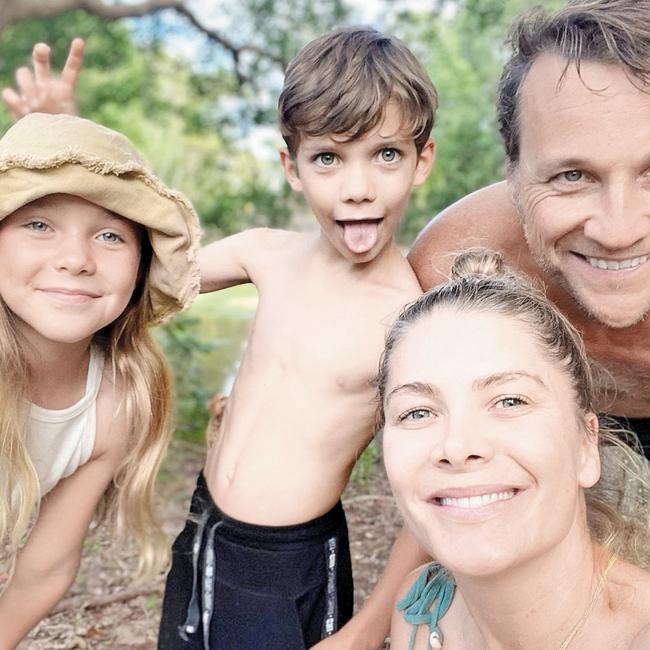
Realising something wasn’t right, the singer experimented with various alternative therapies such as acupuncture, kinesiology and herbal supplements. With the support of friends and family, she has slowly gotten back on track. She is on medication, and also likes to meditate and exercise.
Moving to Byron Bay with her family has also been part of the process of taking control of her mental health. She and musician husband Cameron McGlinchey and their two children moved there from Melbourne just two months before the pandemic hit Australia in March last year. When asked if she is a “mung-bean-eating hippy” now, Bassingthwaighte lets out a loud and long belly laugh.
“I think there’s always been a tiny bit of the spiritual yearning, even probably when I was in my early 20s,” she says.
“I don’t know what came first, the chicken or the egg. Is it the falling apart and trying to figure out where it came from? I still don’t know the answers. But I’m OK with not knowing. I’ve always been a searcher and I like challenges. I love uncovering and releasing and removing trauma from my body, but also knowing that it’s not a finite thing – you have to continue to do it.”
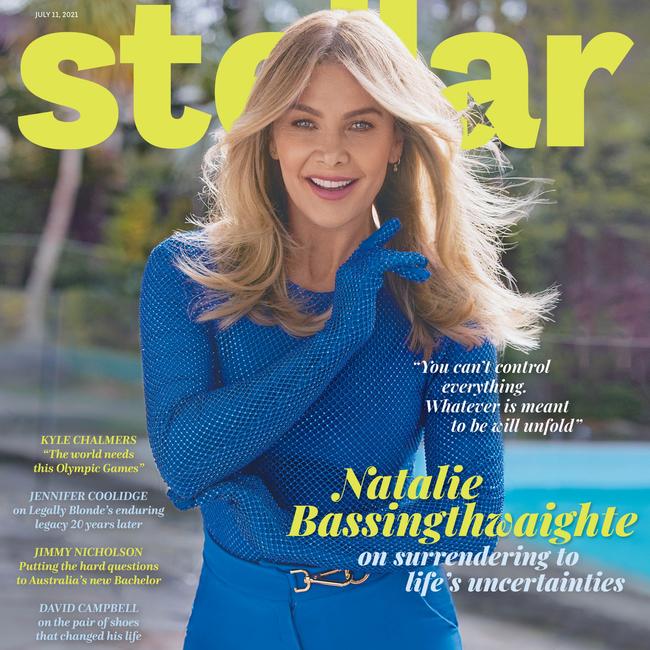
After a number of years of turmoil, nowadays Bassingthwaighte is feeling “amazing. I am working through it and I know that there will be highs and there will be lows. It is equanimity. It just doesn’t stop, and it doesn’t stop just because you take a tablet, either. I think some [of the things that have happened] are because of my ancestors. That is what I think I am carrying as well.”
Talking about her mental health openly has also helped. “Years ago I was terrified to talk about it,” she admits.
“Now I’m not at all. I thought no-one will employ me or everyone will judge me. But now I’m like, you know what, I’m a very hard worker, I’m a nice person and this is one of the things that I have that I work on a lot. I’m OK with that.”
Bassingthwaighte’s episode of Who Do You Think You Are? airs 7.30pm on July 27 on SBS and SBS On Demand.
If you or anyone you know is struggling with mental health, call Lifeline on 13 11 14 or go to beyondblue.org.au.
More Coverage
Originally published as Natalie Bassingthwaighte opens up about her battle with depression




